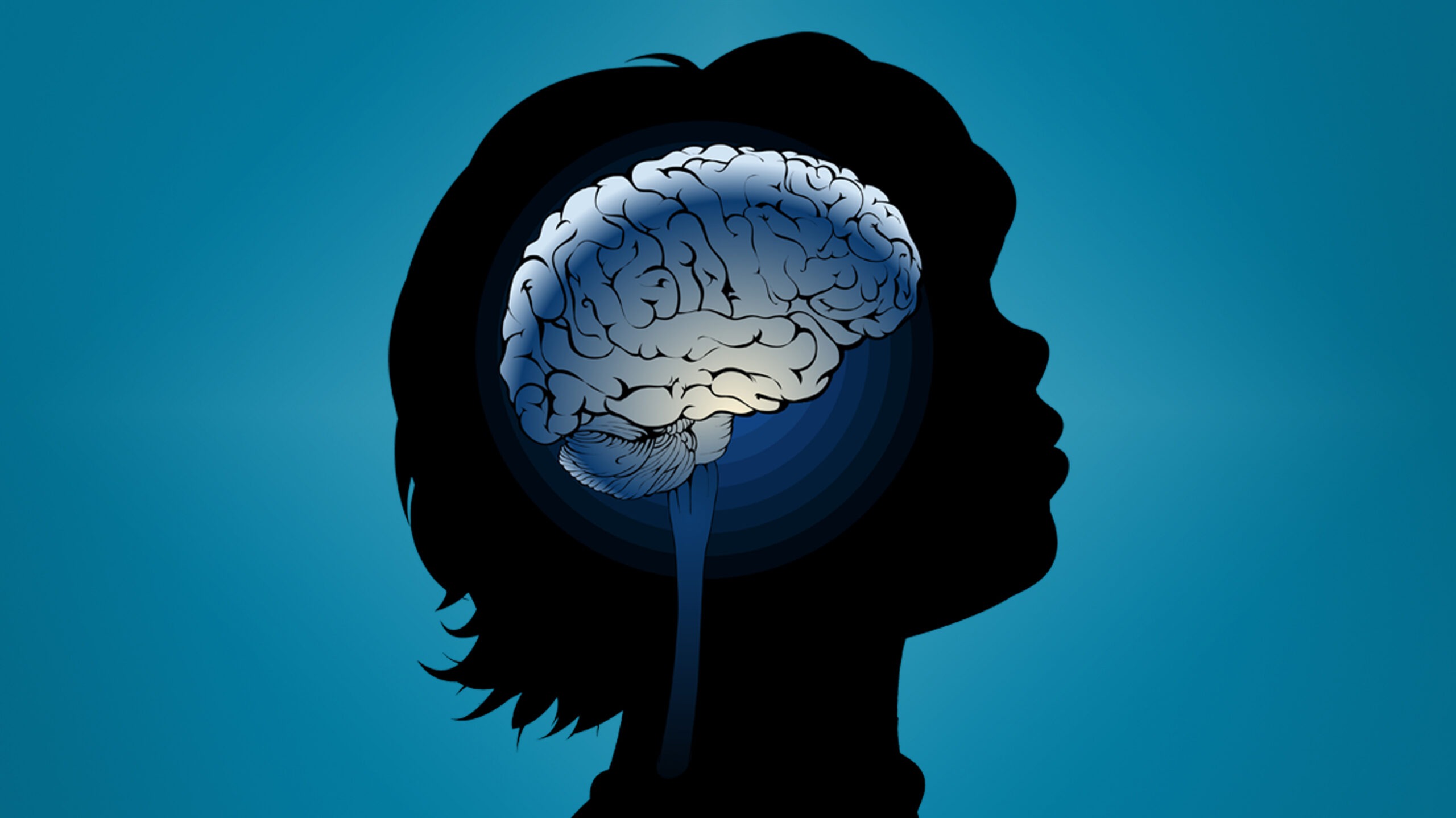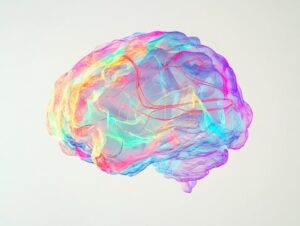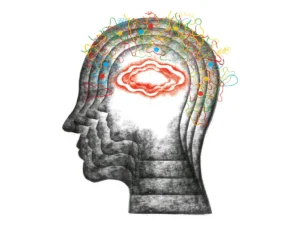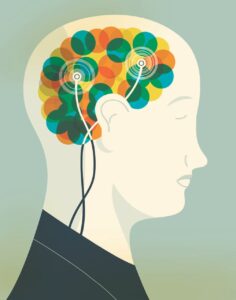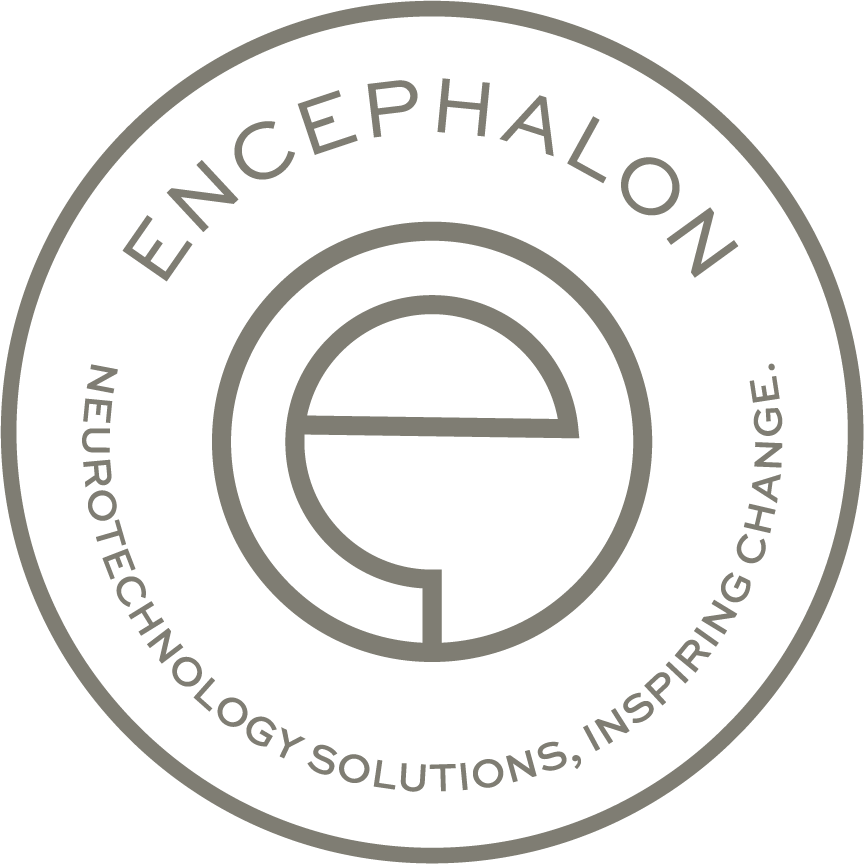Evidence from the Kouijzer Study – A Reflection By Encephalon Edinburgh
At Encephalon, we specialise in neurofeedback for autism because we’ve seen what this study confirms: life-changing results.
For decades, families of children with Autism Spectrum Disorder (ASD) have faced a painful reality: limited treatment options, often focused more on symptom management than meaningful developmental growth.
One groundbreaking study, Long-term Effects of Neurofeedback Treatment in Autism by Kouijzer et al. (2009), offers real hope. It presents compelling evidence that neurofeedback—a non-invasive and drug-free intervention, can produce lasting improvements in key areas such as communication, social behaviour, and executive functioning in children with autism
What is Neurofeedback?
Neurofeedback is a gentle, non-invasive method of training the brain to function more efficiently. At Encephalon, we specialise in Infra-Low Frequency (ILF) Neurofeedback, a cutting-edge form of neurotherapy that works at the deepest foundational levels of brain activity, targeting the brain’s regulatory networks rather than simply managing symptoms.
Unlike traditional neurofeedback, which often focuses on conscious efforts to control brainwaves, ILF neurofeedback does not require effort, focus, or even active participation. The client, often a child with ASD, can relax, watch a movie, or play while their brain is subtly guided toward healthier patterns.
Through real-time feedback from ultra-low-frequency brainwave activity (below 0.1 Hz), the nervous system learns to self-regulate, improving sleep, emotional stability, attention, and sensory processing over time.
What makes ILF neurofeedback unique is its ability to work with the brain’s core timing and connectivity systems, gently resolving dysregulation at its source. This is why families often report unexpected breakthroughs: calmer behaviour, improved eye contact, spontaneous communication, and better sleep, all without drugs or behavioural “pushing.”
About the Study
n the 2009 study, Kouijzer and colleagues evaluated neurofeedback as an intervention for children with ASD, focusing especially on executive functioning, the set of mental skills we use every day to learn, work, and manage life.
Children in the experimental group underwent neurofeedback sessions over several weeks. Their progress was compared with a control group receiving standard care. But what set this study apart wasn’t just the short-term results, it was the long-term follow-up.
Six months after treatment ended, researchers found that improvements in cognitive flexibility, planning, attention, and social responsiveness were not only maintained, they had continued to improve
Key Outcomes: Neurofeedback for Autism
Here’s what made this study so compelling and why it matters for families today:
Executive Functioning Improved Significantly
Children who received neurofeedback training showed substantial gains in executive functioning. This includes better focus, more effective planning, greater emotional control, and fewer impulsive behaviours, skills that are critical for independence and learning.
Social Behaviour Enhanced
Social responsiveness improved markedly. Children became more engaged, more aware of others, and better able to participate in conversations and social situations. These kinds of changes are often elusive in traditional therapies.
Improvements Were Long-Lasting
Perhaps the most remarkable finding: these gains weren’t temporary. Six months later, the children had retained, and in some cases built upon, their improvements. In a field where many interventions show fading effects over time, neurofeedback demonstrated durability.
No Side Effects
Unlike pharmaceutical interventions, neurofeedback carries no risk of chemical side effects or dependency. It’s non-invasive, safe, and natural, a truly holistic and drug-free autism therap
Why Neurofeedback Matters for Families Today
The neurodiverse community has long called for more holistic, individualised, and empowering treatment options. Neurofeedback answers that call.
The Kouijzer study is a beacon of evidence that neurofeedback isn’t fringe science, it’s functional neuroscience, with real-world, sustainable results for children and families navigating autism.
At Encephalon, we use state-of-the-art and evidence-backed neurofeedback protocols tailored specifically to each child’s needs. Our goal is not just symptom relief, but true neurological development, backed by science and led by compassion.
For families seeking safe, non-invasive treatment for Autism Spectrum Disorder, neurofeedback offers a breakthrough.
What Families Say about Neurofeedback For Autism
While research like Kouijzer’s gives us confidence, it’s the stories from the families we work with that truly underscore the impact:
“My child is calmer, more communicative, and even making eye contact.”
“We used to struggle with sleep and meltdowns daily, now, those moments are rare.”
“For the first time, I feel like my child’s brain is working with them, not against them.”
These are more than anecdotes, they’re transformations. These parent success stories illustrate how brain training for autism can lead to meaningful, lasting change.
Final Thoughts…
The Kouijzer et al. (2009) study is more than an academic paper, it’s a window into what’s possible. It shows that with the right tools, the brain can heal, adapt, and grow, even when traditional medicine offers few answers.
Neurofeedback isn’t just another therapy, it’s a revolution in autism support. And for families searching for real, sustained progress, it could be the breakthrough they’ve been waiting for.
From improved executive functioning to better sleep and social engagement, ILF neurofeedback is a powerful, natural autism intervention.
You can book your free consultation by filling out our CONTACT FORM.

